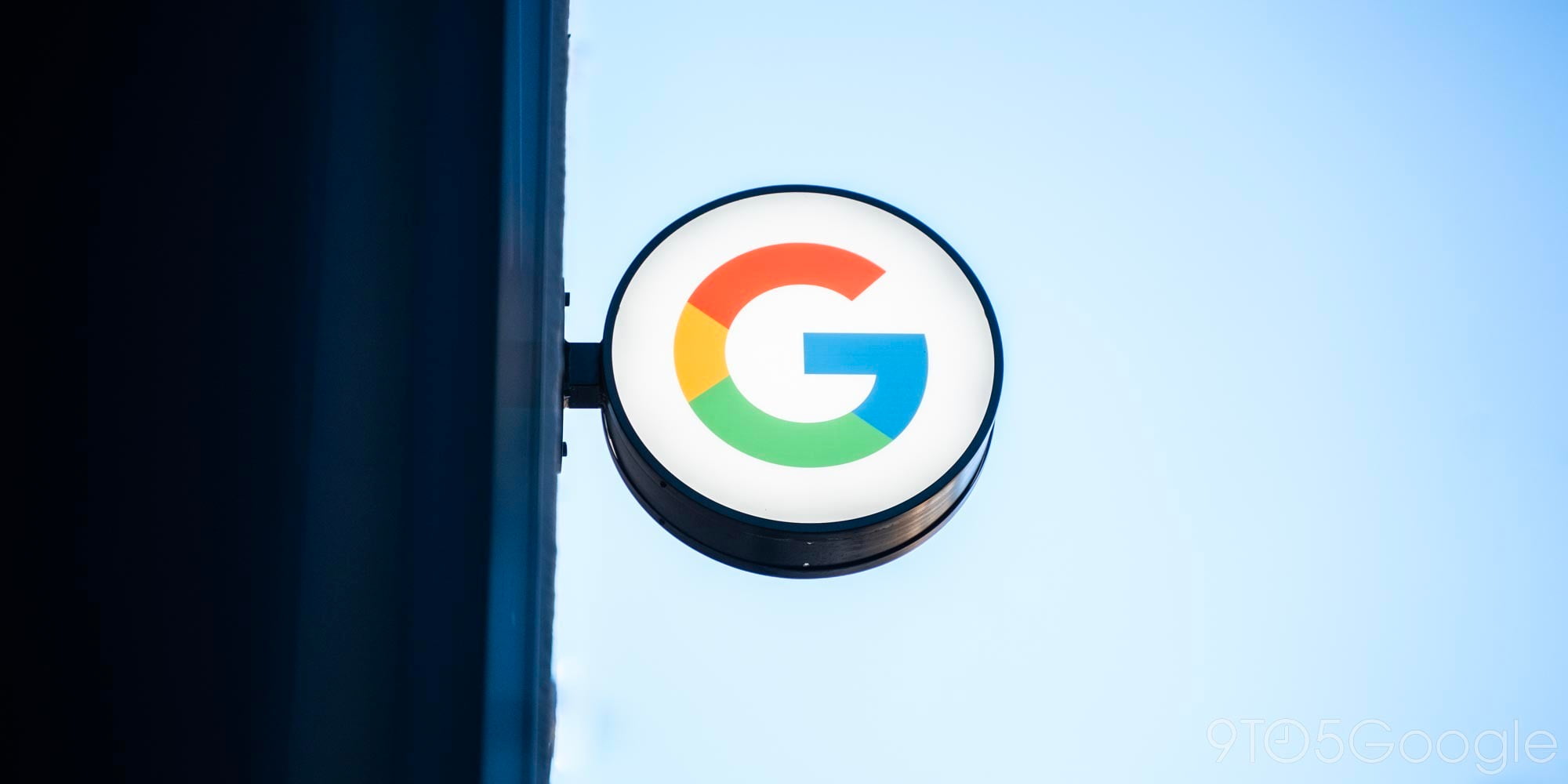
Google on Thursday had a brief outage that some assumed was due to the surge of COVID-19 calls, video, and browsing. The company immediately explained that it was an unrelated router failure, but is taking the opportunity to assure Google users and customers that it can “handle the load” of traffic from the coronavirus disrupting normal behavior.
As the coronavirus pandemic spreads and more people move to working or learning from home, it’s natural to wonder whether the Google network can handle the load. The short answer is yes.
SVP of Technical Infrastructure Urs Hölzle notes that Google’s networks are designed to handle peak events like Cyber Monday online shopping and streaming World Cup finals. The former is an example of stores relying on Google Cloud to host infrastructure, while the latter involves users watching through services like YouTube TV.
That system translates to coronavirus-related traffic where Google is seeing increased Hangouts Meets usage, while consumption in YouTube is now consistent throughout the day instead of spiking at night. The company specifically has “extra capacity” even when “multiple things fail.”
And since we carry 99% of our traffic directly to the end user's local ISP, we can ensure capacity all the way up to an internet exchange in or near your city.
— Urs Hölzle (@uhoelzle) March 27, 2020
Google’s network consists of a system of high-capacity fiber optic cables that encircle the globe, under both land and sea, connecting our data centers to each other, and to you. Traffic flows over our dedicated network, optimized for speed and reliability until we hand it off to more than 3,000 internet service providers (ISPs) in 200+ countries and territories for local delivery—the “last mile”—using hundreds of points of presence and thousands of edge locations around the world.
By handling traffic on its internal infrastructure for as long as possible, Google “helps limit the burden” on your local ISP by letting them “focus on delivering that last mile.”
Moving forward, Google is “increasing capacity wherever needed” and making sure to quickly restore service when disruptions occur. It’s also working with governments and networks to minimize stress on systems. For example, YouTube now defaults to standard definition around the world after European Union officials contacted video services about traffic concerns.
This may be a time of global uncertainty, but we’re working hard to ensure the Google network is there for everyone, business or consumer, day and night.
FTC: We use income earning auto affiliate links. More.


Comments